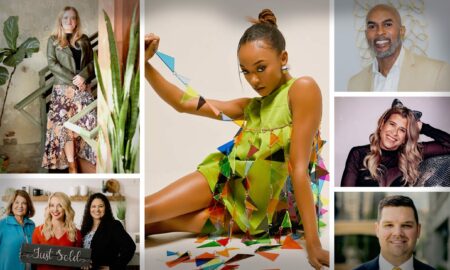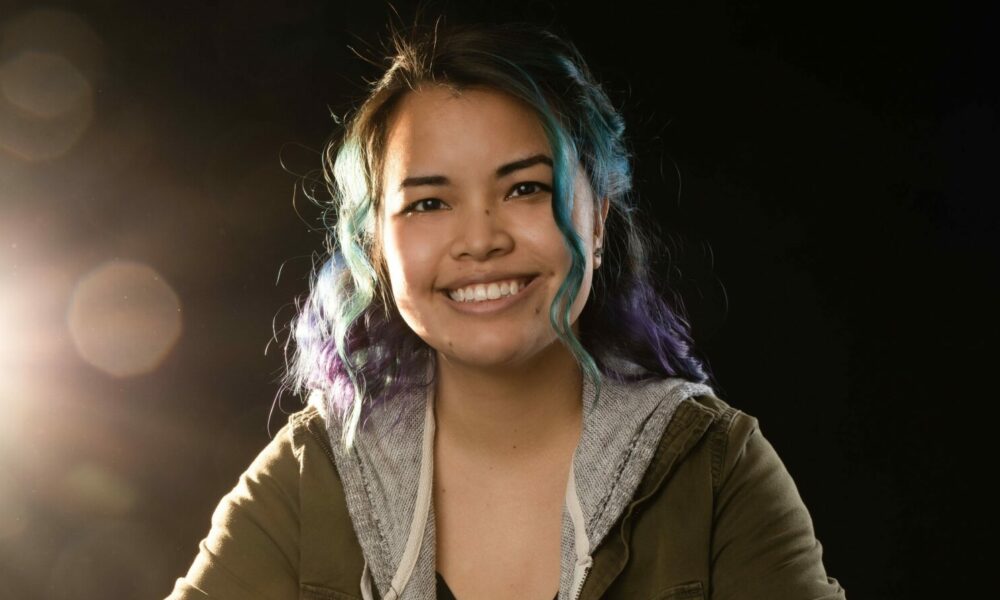

Today we’d like to introduce you to Elizabeth Gottshall.
Elizabeth, we appreciate you taking the time to share your story with us today. Where does your story begin?
When I was young, I was an energetic kid with an overactive imagination, not knowing where that would take me. I was an avid reader and visual artist, always drawing and painting. Eventually, that led me to analog and digital photography, which I fell in love with. At the same time, I developed an interest in writing fiction stories as I read more and more books and wanted an escape from everyday life. Initially, my plan was to become an author and photographer. I wanted to write my own stories as well as continue creating images. It wasn’t until college that I realized I could combine my love of storytelling and visual art through film and television.
My mother was a media studies professor which meant she watched a lot of films, old and new and everything in between. I would watch them with her and listen to what she was teaching in her classes. I was falling in love with film without even realizing it. I attended Mount Holyoke College, only thinking I’d take an Introduction to Film Studies course and certainly not thinking I’d go after a career in film. By the time I decided to pursue film, I was already in the middle of a major in computer science and studio art. I loved learning about computer programming and further developing my art, but I knew that an office job was not the path I wanted to take. However, I never regretted majoring in subjects that weren’t film related. Throughout undergrad, I took film studies, film theory, and production courses and earned an internship in New York City for video production. I began to write and shoot my own short films and incorporate filmmaking into my studio art practice through experimental films and installation pieces.
After graduation, I enrolled in a continuing education program for production, screenwriting, and being an independent filmmaker. I also attended the Georgia Film Academy to learn about below-the-line positions and being on a professional film set. My college focused more on film studies rather than production and any set I was on was very small. At the end of the GFA program, I received an internship in the camera department for a union feature film called Safety for Disney+, which taught me things I never would have been able to learn in class or on my own.
The internship helped jump-start my path to the camera department. I met people who taught me the gear, helped me get into a rental house, and brought me on set. After that, I became an independent contractor for a rental house and day played for a year. In November 2021, I finally joined IATSE Local 600 and officially became a digital utility. Over the last couple of years, I’ve had amazing opportunities to work on projects for companies such as Disney, Netflix, Google, Lifetime, BET, and the Sundance Institute, as well as documentaries for Hulu and PBS and videos for non-profit organizations. I have been fortunate enough to meet interesting, talented, and passionate people who have become wonderful friends, travel around the country, and gain new experiences that have changed my life.
Can you talk to us a bit about the challenges and lessons you’ve learned along the way. Looking back would you say it’s been easy or smooth in retrospect?
It has not been a smooth road, but I never expected it to be an easy ride. While it is relatively easy to get into the film industry, the camera department is notoriously difficult to get into mainly because it is tough trying to learn all of the equipment, understand the intricacies of a camera department, and meet people. In school, I was taught the basics of a camera and photography, but there are so many other pieces of equipment that I needed to know that I couldn’t get my hands on unless someone showed me at a rental house or on set. I had to learn how a camera department functioned on bigger sets and how every set is different. Meeting other camera people was difficult in the beginning, especially with the pandemic because all the usual ways of mixers, lunches, and grabbing coffee weren’t possible. It was a lot of messaging and meeting people, building relationships and trust, and hoping someone would take a chance on me.
Some internal struggles that I’ve started to face are imposter syndrome, the pressure to have viral success with my personal projects, and comparing myself to others. Social media can be used as a great tool to share and connect with a wider audience, but it can also make me feel anxious about not being where I think I should be by now. I anticipate more struggles along the way as I continue my career in film from working in the camera department to making a name for myself with screenwriting and directing. I know there will be people who do not want to see the diversity and inclusion that I want to have in my projects or may not believe those kinds of projects can be successful. I will need to build an entirely new network of writers, directors, and producers. It will be daunting to have more creative responsibilities as I begin crafting my own stories and getting out of my comfort zone. I am sure I will second guess choices and worry about making mistakes even though I know I will learn from them.
A strong support system with mentors, friends, and family have been invaluable. I surround myself with people I trust to provide constructive criticism or ask for advice. I also have a circle of friends I can collaborate with who always bring fresh ideas to the table and teach me something new. It’s important for me to have people who can bring a good balance to my life and support what I’m doing.
Alright, so let’s switch gears a bit and talk business. What should we know about your work?
Currently, I am working as a 1st and 2nd AC and digital utility for union and non-union feature films, television shows, and commercials. In the future, I’d like to move towards camera operating for narrative projects. I love being hands-on and working in a more creative capacity than being an AC or utility allows. I want to start focusing more on composition, color, and lighting in moving images and find new ways to tell a story.
However, I would love to continue my studio art practice and hone my writing and directing skills. Drawing, painting, printmaking, and photography were my first loves and I look to incorporate my distinct artistic style in my films to set me apart from other creators. I have a strong desire to work on film and television projects that put Asians (and specifically Asian adoptees), queer people, and women front and center. I especially would love to work on a project about Asian adoptees as I haven’t seen many films or shows about them despite being the largest group of international adoptees.
As someone who is part of many different communities, I intend to explore themes of identity, relationships, and intersectionality and craft characters who are underrepresented and unapologetic about their existence. I am vocal about wanting to see more representation on screen and I am critical of Hollywood and the media we consume. I strive for diversity, equity, and inclusion in my stories that I never saw when I was younger.
I don’t want to limit myself to only film or only television because each medium conveys a story differently which affects how it connects with the audience. I believe in my voice because I am the one most qualified to tell my stories and I want to share my unique perspective on life. I am very proud of each of my short films and any of the films I’ve worked on that have made it around the festival circuit. However, I am still working on the project that I can say I am the proudest of.
If you had to, what characteristic of yours would you give the most credit to?
Two characteristics that have been important to me have been determination and kindness, which go hand in hand with each other. Working in film is not for the faint of heart whether you’re a crew member, a writer, or the director. It’s important to be a go-getter and take risks, especially if you are working on your own passion projects. Find workshops, networking events, and online courses to learn what someone won’t teach you. If you’re a woman, you’ll have to work even harder to prove yourself, so try and find other women in the industry to create a support system. Never stop learning, get hands-on experience, ask questions, and take opportunities that come your way even if they scare you. Sometimes there are trade-offs, but I think about how it will help me now and in the future.
It’s important to be kind to everyone and treat everyone with respect, no matter what they’re doing on a set. It seems like basic human decency, but when times get tough and people are stressed, it’s key to maintain a calm composure and speak with respect. Being a team player is incredibly important for a smooth production. Being friendly and helpful is what makes you stand out and sometimes, someone who notices that kindness may offer you advice or an opportunity. You never know who someone is connected to or who that person may become later down the road. You may find people you’ll want on your team for future productions.
In a workshop I attended hosted by the Women’s Weekend Film Challenge with Alice Wu, she stated that no one making a film is playing it safe. Freelancing in the film industry is a strenuous career path, but I know that working hard, loving what I do, and being genuine will help me succeed. I hope that the work I do now and in the future and the knowledge I share can help other people who are beginning their journey.
Contact Info:
- Website: https://elizabethgottshall.wixsite.com/portfolio
- Instagram: https://www.instagram.com/lizgott22/
- Other: https://linktr.ee/elizabethgottshall
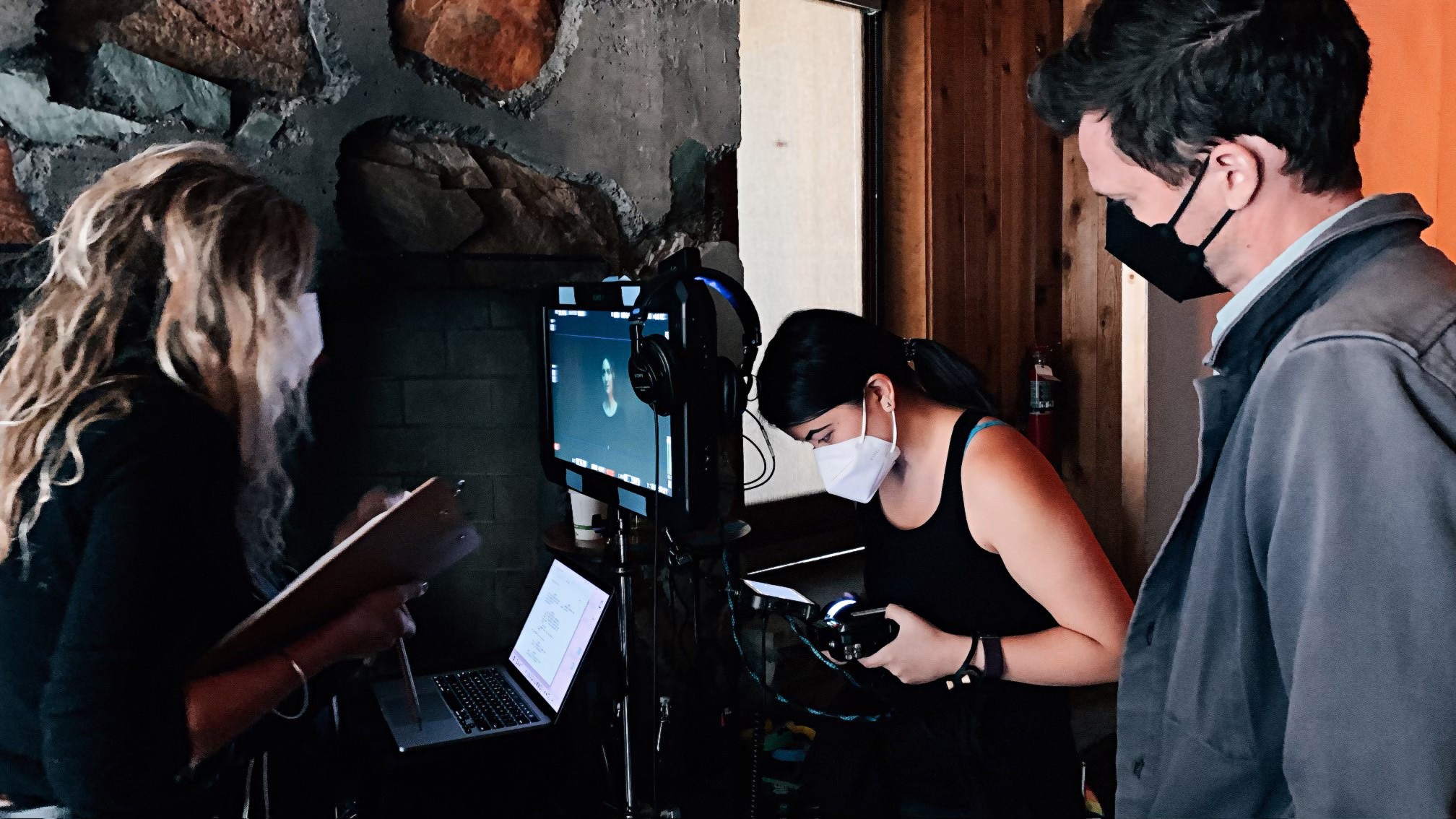
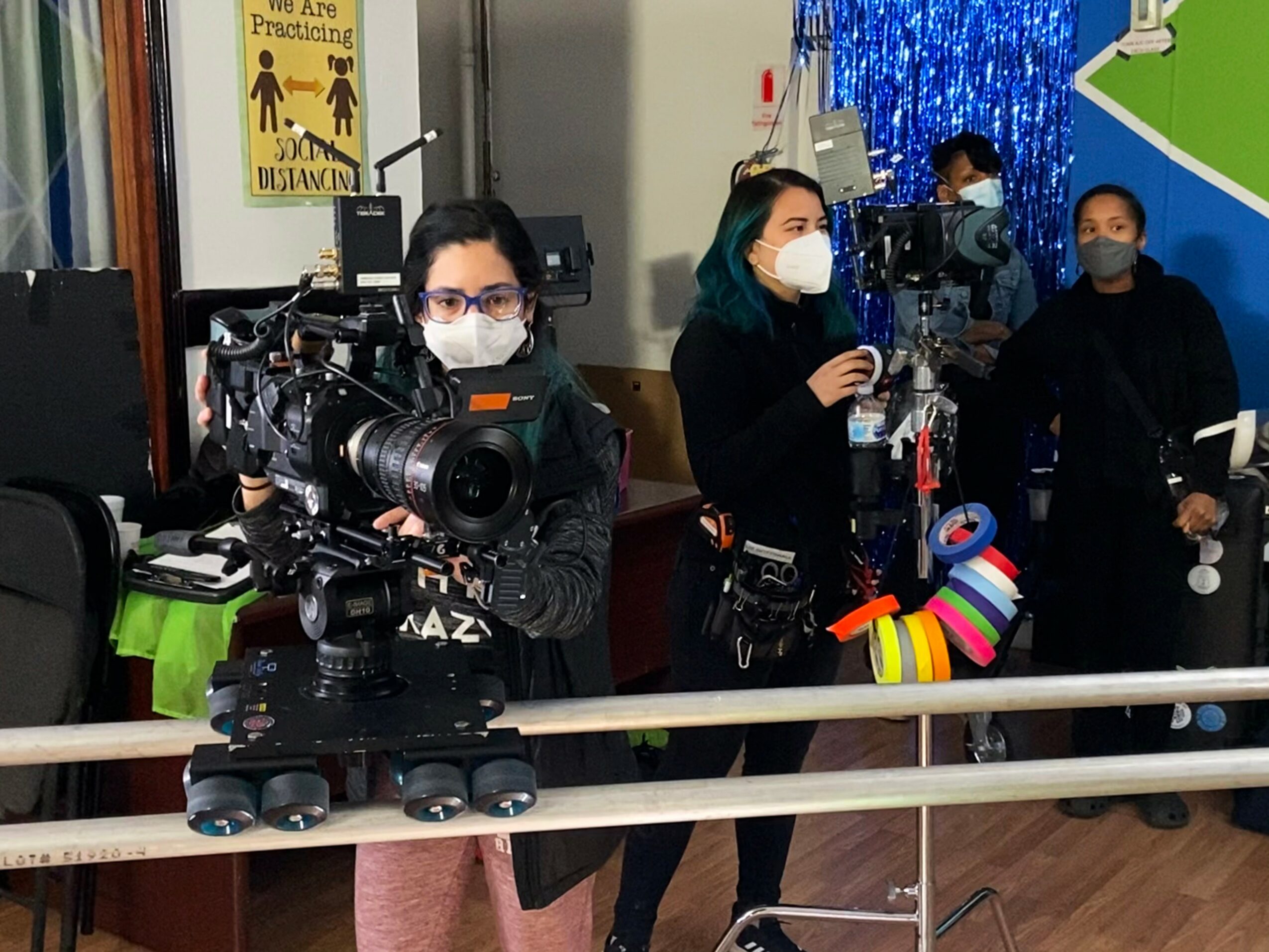
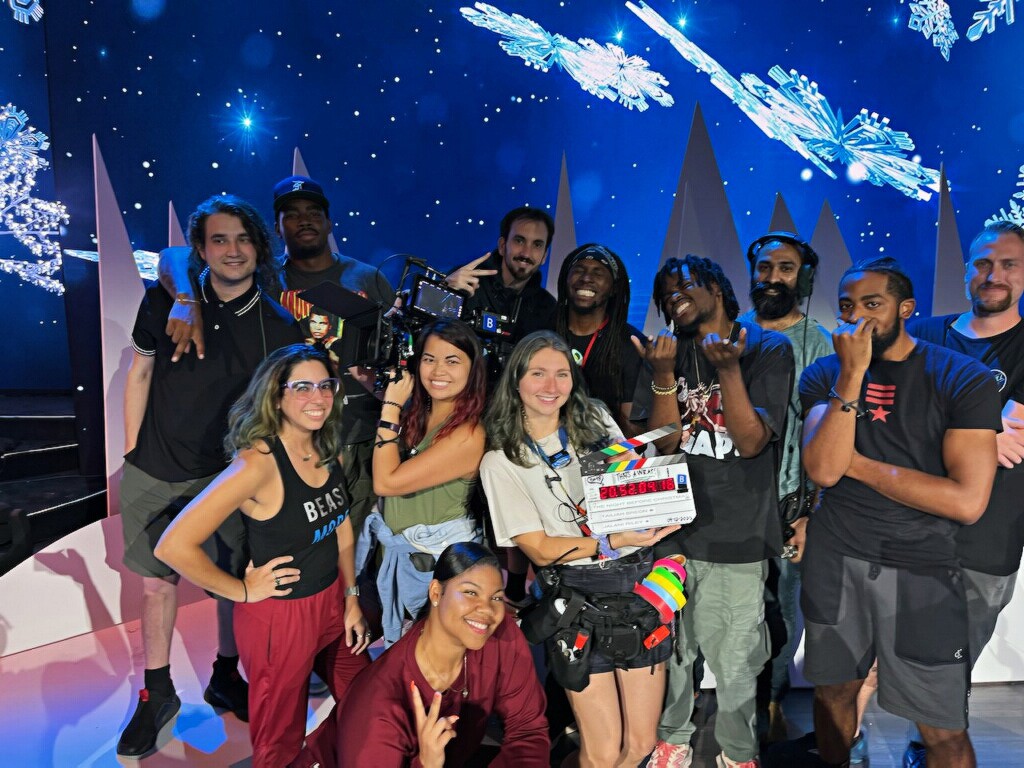
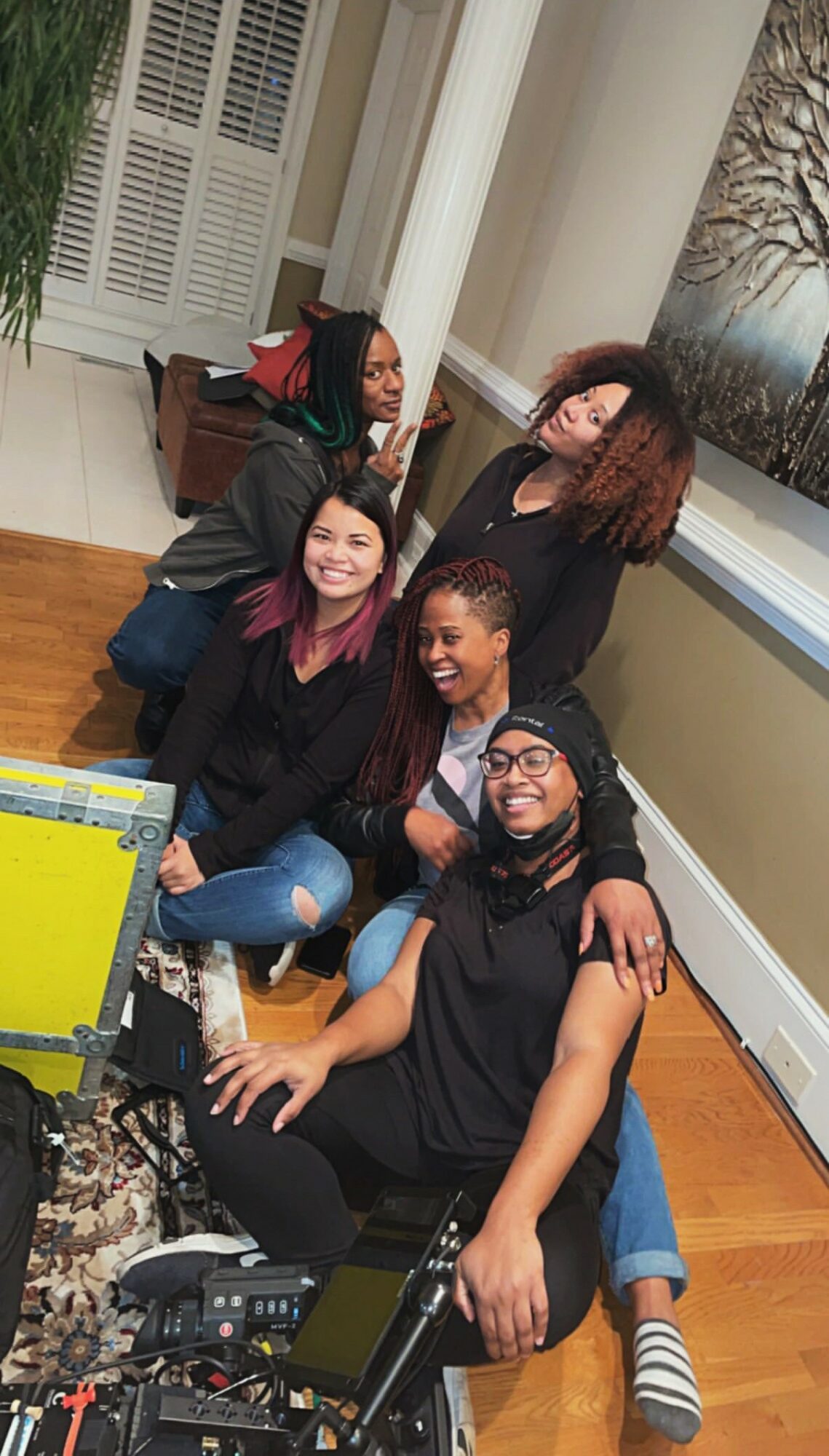
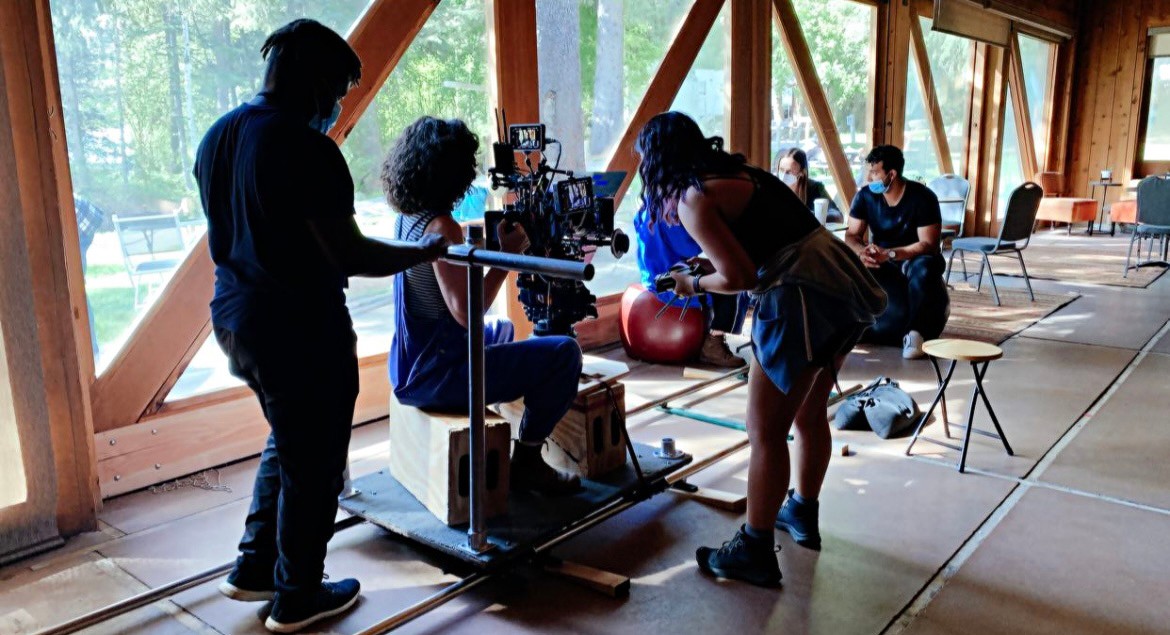
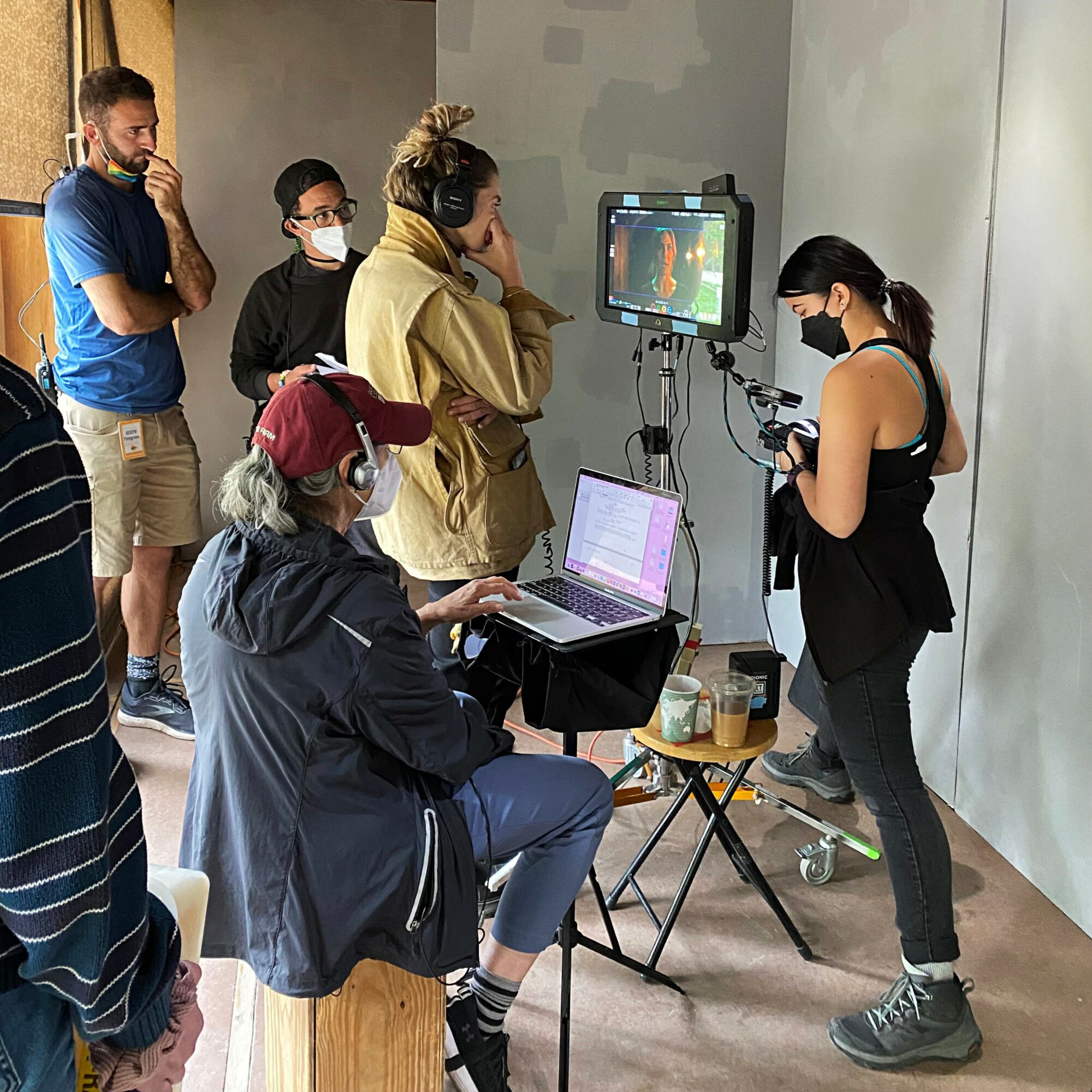 Image Credits
Image Credits
Headshot by Kynder Ganoe Additional Photos by Cookie, Brain, and Jena Jarvis Crew Photos from Kirk Franklin’s A Night Before Christmas and Wise Love

